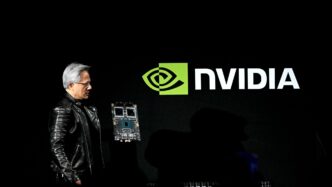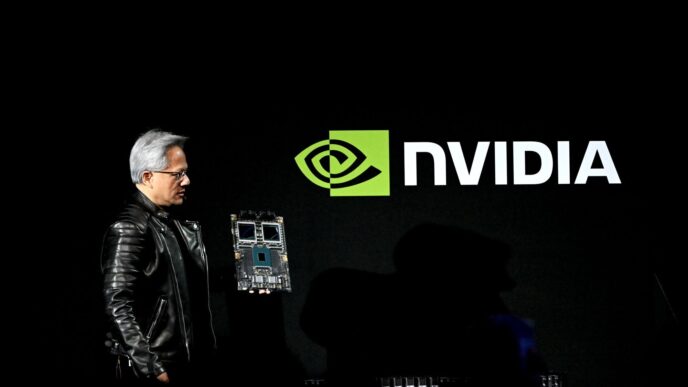LangChain, the open-source agentic AI startup, has achieved unicorn status after raising $125 million in fresh funding at a $1.25 billion valuation. The round was led by IVP, with participation from CapitalG and Sapphire Ventures, alongside returning backers Sequoia Capital, Benchmark, and Amplify Partners.
Founded in 2022 by machine learning engineer Harrison Chase, LangChain started as an open-source project designed to help developers build applications powered by large language models (LLMs). At a time when integrating LLMs into real-world applications was still complex, LangChain provided a flexible framework that made it easier to connect AI models with external data, APIs, and databases. The project quickly went viral across the developer community, becoming one of the most widely adopted open-source tools for AI agent development.
Chase launched LangChain as a full-fledged company in April 2023, securing a $10 million seed round from Benchmark, followed shortly by a $25 million Series A led by Sequoia Capital that reportedly valued the startup at $200 million. In just over a year, LangChain’s momentum has surged, mirroring the rapid evolution of the agentic AI landscape.
As the latest generation of LLM providers, from OpenAI to Anthropic and Google DeepMind, have rolled out more advanced APIs and infrastructure, LangChain has evolved into a full-stack platform for building intelligent, autonomous agents. Its suite now includes LangGraph, a powerful orchestration and memory management tool that enables complex workflows; LangSmith, a testing and observability platform for developers; and the original LangChain framework, which continues to serve as the backbone for building context-aware, multi-step AI agents.
With this new funding, the company plans to expand its developer ecosystem, strengthen enterprise adoption, and further enhance its open-source community tools. LangChain’s GitHub repository remains a cornerstone of the modern AI stack, boasting over 118,000 stars and nearly 20,000 forks, signaling its dominant position in the open-source AI ecosystem.
Analysts say LangChain’s rise underscores a broader trend toward agentic AI, systems capable of reasoning, planning, and acting autonomously across digital environments. As enterprises race to deploy more adaptable, goal-driven AI agents, LangChain’s infrastructure is quickly becoming foundational for the next generation of AI-native applications.













